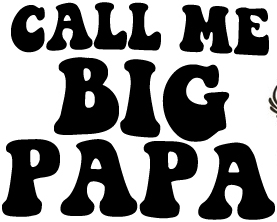Introduction:
- "You know it's summer in Texas, because all the truck tires shed their winter coats."
- This episode, an interview with David Rowe, VK5DGR.
Topics:
- Our hosts conduct a lively conversation with David Rowe, VK5DGR, from Adelaide, South Australia.
- David is the author of Codec 2,, an open source speech codec designed for communications quality speech.
- You can find more information about David and his project on his blog.
- Powerpoint presentations and Youtube videos of how Codec 2 works are available on his Codec 2 blog page.
- You can see David's presentation of Codec2 at linux.conf.au here.
- David then describes the Mesh Potato project, an open hardware product designed specifically to build telephone networks without infrastructure like cell phone towers or land lines.
- The Mesh Potato is available for purchase.
Contact Info:
- Contact Richard at kb5jbv@gmail.com, Russ at k5tux@lhspodcast.info, or both at the same time at info@lhspodcast.info.
- Listen to the live stream every other Tuesday at 8:00pm Central time. Check the LHS web site for dates.
- Leave us a voice mail at 1-909-LHS-SHOW (1-909-547-7469), or record an introduction to the podcast.
- Sign up for the LHS mailing list.
- Sign up for the MAGNetcon mailing list.
- LHS merchandise is available at the Merch link on Web site. Check out the Badgerwear or buy one of the other LHS-branded items at PrintFection.com/lhs or Cafe Press. Thanks!
- Thanks to Dave from Gamma Leonis for the theme music.
Music:
- None.
Podcast: Play in new window | Download

